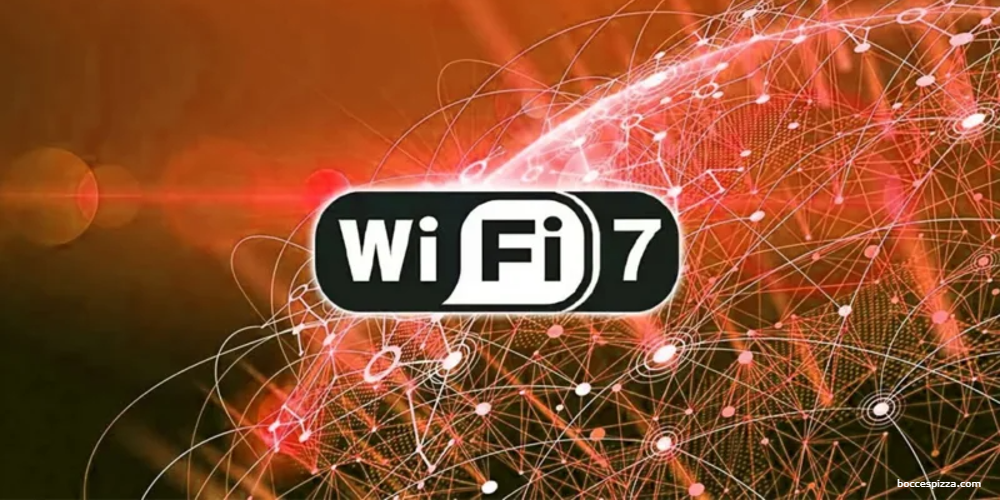 Jan 10, 2024
Jan 10, 2024
Wi-Fi Alliance Introduces Wi-Fi 7 Certification for Enhanced Device Connectivity
The Wi-Fi Alliance has ushered in a new era of wireless connectivity with the launch of the Wi-Fi 7 Ready certification, which is now open to all compatible devices. As an advanced successor to the existing Wi-Fi 6E standard, this latest development—underway since 2021—promises to greatly enhance network performance for all devices that support it.
Wi-Fi 7, also known as IEEE 802.11be, boasts significant speed improvements over Wi-Fi 6E and is expected to be implemented in a wide array of gadgets, including laptops, desktops, tablets, televisions, smartphones, and routers. The Galaxy S24 Ultra will be among the first high-profile smartphones to incorporate this new technology, which is set to be unveiled in the upcoming week.
In terms of performance, Wi-Fi 7 offers a remarkable throughput of up to 46Gbps, eclipsing the 9.6Gbps offered by its predecessor, and operates across 2.5GHz, 5GHz, and 6GHz data bands. For users with both device and router compatible with the new standard, benefits like reduced network congestion, accelerated data transfer rates, and more stable connections are promising advantages. Here are additional technical details:
- Wi-Fi 7 introduces 320 MHz channels in countries that have allocated the 6 GHz band for Wi-Fi, enabling channel sizes that double current limits and support multigigabit speeds and increased throughput.
- Multi-Link Operation (MLO) technology facilitates simultaneous data transmission over multiple links to enhance throughput, lower latency, and bolster reliability.
- 4K Quadrature Amplitude Modulation (QAM) provides a 20% boost in transmission rates over the previous 1024 QAM.
- The 512 Compressed block-ack feature increases efficiency and minimizes overhead.
- Allocating multiple Resource Units (RUs) to a single station enhances spectrum resource scheduling and boosts spectrum efficiency.
- Enhanced Triggered Uplink Access improves upon the triggered uplink access defined in Wi-Fi 6 to support latency-sensitive streams and meet Quality of Service (QoS) demands.
- Emergency Preparedness Communication Services (EPCS) ensures seamless National Security & Emergency Preparedness (NSEP) service quality and preserves the prioritization of service in Wi-Fi access networks.
Though it may take time for Wi-Fi 7 to be rolled out universally across modern devices, the upcoming months are likely to witness an influx of devices incorporating this latest standard. Kevin Robinson, CEO of the Wi-Fi Alliance, projects that the Wi-Fi CERTIFIED 7 will catalyze the mass adoption of the technology. He emphasizes the Alliance's dedication to pushing the frontiers of Wi-Fi technology, enhancing the user experience through unparalleled speeds, heightened efficiency, and reinforced reliability that opens up new possibilities for Wi-Fi applications.




